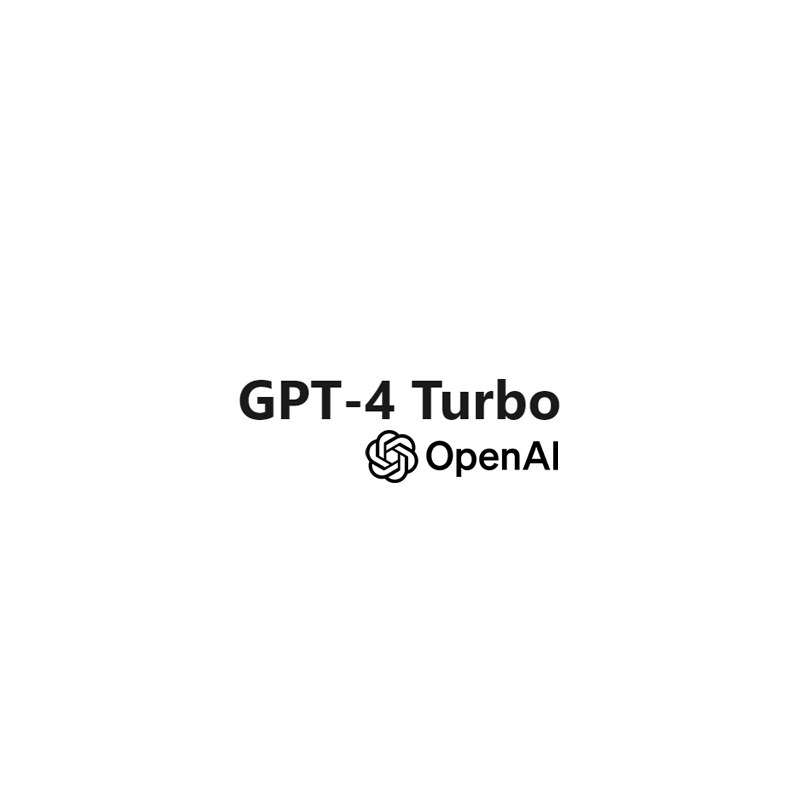
The AI was kind of boring and dull, and then came OpenAI.
When the company announced ChatGPT, the company quickly wowed the world with the generative AI product. And since then, the rest is history. Rivals began racing to create competing products that things become an arms race.
While there are now many alternatives, somehow, ChatGPT remains the most popular.
Back in 2023, during its first-ever developer conference, OpenAI unveiled improvements that should make the AI product a lot useful, if not immensely powerful.
At the time, the company introduced an improvement to its 'GPT-4 Turbo'.
Read: OpenAI Announces 'GPT-4 Turbo,' A Way To Tweak ChatGPT, And More
Our new GPT-4 Turbo is now available to paid ChatGPT users. We’ve improved capabilities in writing, math, logical reasoning, and coding.
Source: https://t.co/fjoXDCOnPr pic.twitter.com/I4fg4aDq1T— OpenAI (@OpenAI) April 12, 2024
The improved version of its flagship text-generating AI model, GPT-4, is claimed to be "more powerful" but less expensive.
GPT-4 Turbo boasts several improvements over GPT-4, in which OpenAI has taught it with more recent knowledge base to draw on when responding to requests.
GPT-4 Turbo also supports 128,000-token context window, a number that is four times the size of GPT-4.
And lastly, GPT-4 Turbo also supports a new "JSON mode," which ensures that the model responds with valid JSON.
This should be useful when in use with web apps that transmit data, like those that send data from a server to a client so it can be displayed on a web page, OpenAI said.
We're rolling out new features and improvements that developers have been asking for:
1. Our new model GPT-4 Turbo supports 128K context and has fresher knowledge than GPT-4. Its input and output tokens are respectively 3× and 2× less expensive than GPT-4. It’s available now to…— OpenAI (@OpenAI) November 6, 2023
This time, the company is giving an update to the model.
For paying users, be it Plus, Team, or Enterprise, GPT-4 Turbo, in a series of posts on the X platform, the company said that GPT-4 Turbo is now better at writing, math, logical reasoning, and coding.
Users can see from a graph in the announcement post that the April 9 version of GPT-4 Turbo has improved in just about all categories than GPT-4 Turbo from January 25, 2024.
While some metrics are more dramatic than others, the largest leap, according to GPQA, an AI benchmark concerning scientific datasets, GPT-Turbo has improved from 39.7% to 49.1%. In the MATH benchmark, the model saw an improvement from 64.2% to 72.2%.
The only thing that the newer GPT-4 Turbo is lagging if compared to its previous iteration, is in the HumanEval test, which tests an LLMs' ability to generate code.
The January's GPT-4 Turbo model excels April's, with a score of 88.2%, while the newer model scored just 87.6%.
A small difference, but an interesting step back that OpenAI doesn't address.
But what OpenAI specifically focuses on with this GPT-4 Turbo, is improving the general experience of using ChatGPT.
We continue to invest in making our models better and look forward to seeing what you do. If you haven’t tried it yet, GPT-4 Turbo is available in ChatGPT Plus, Team, Enterprise, and the API.
— OpenAI (@OpenAI) April 12, 2024
UPDATE: the MMLU points weren’t clear on the previous graph. Here’s an updated one. pic.twitter.com/HexJzytDts
— OpenAI (@OpenAI) April 12, 2024
The company said that when writing with ChatGPT, the model's responses should be "more direct, less verbose, and use more conversational language."
In an example provided by OpenAI, a users asked ChatGPT to generate an SMS to remind friends to RSVP to a birthday dinner invite.
In January's GPT-4 Turbo model, the AI generates a wordy response, that while still potentially useful, does appear AI generated in some areas. The April model, however, generates a shorter, more casual reminder about the RSVP.
The April's GPT-4 Model also has a more updated information, with data set that goes up to December 2023.
The previous version was stuck at April 2023.
While the new GPT-4 Turbo won't know anything about 2024, users can have it improve its knowledge by connecting it to the internet.